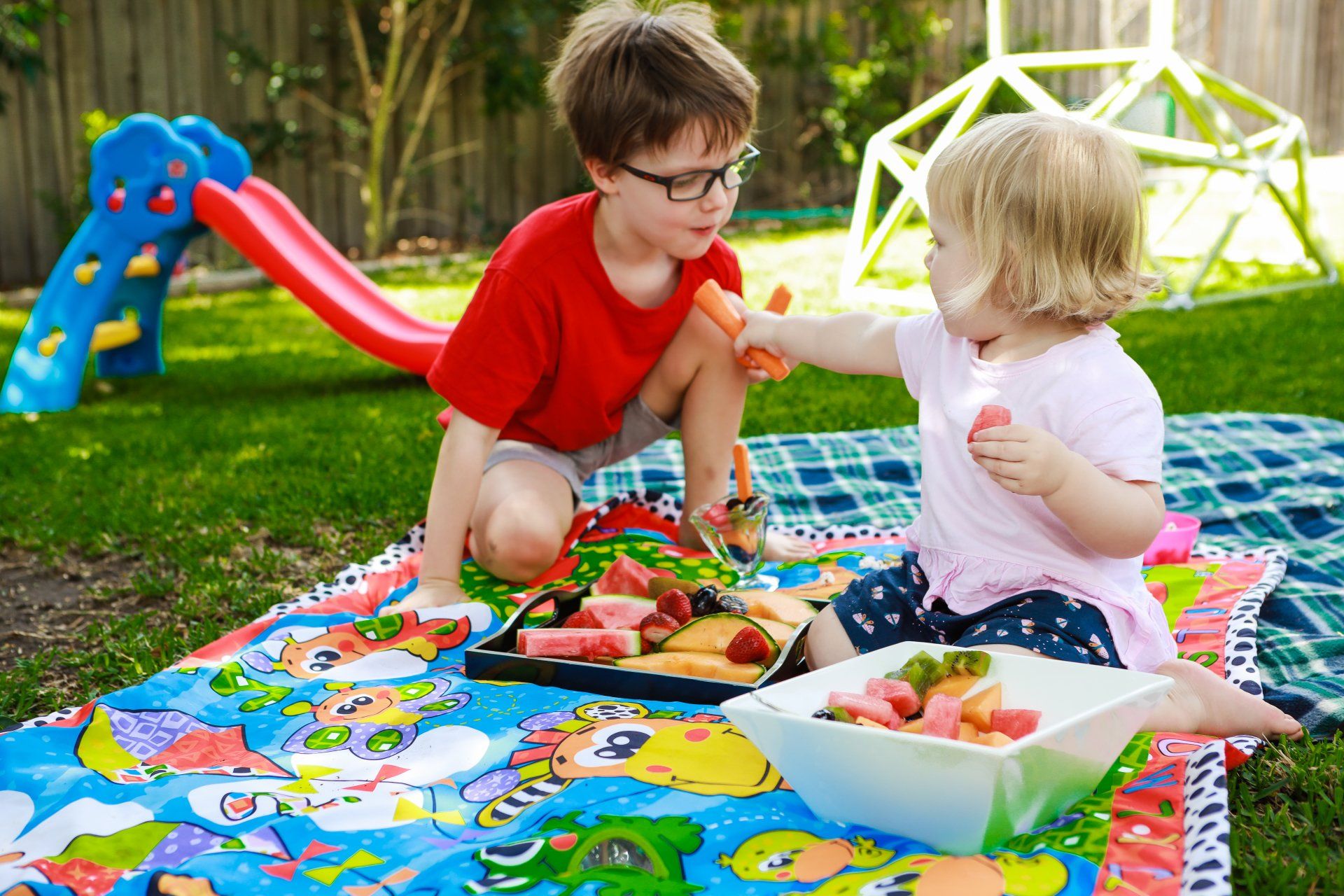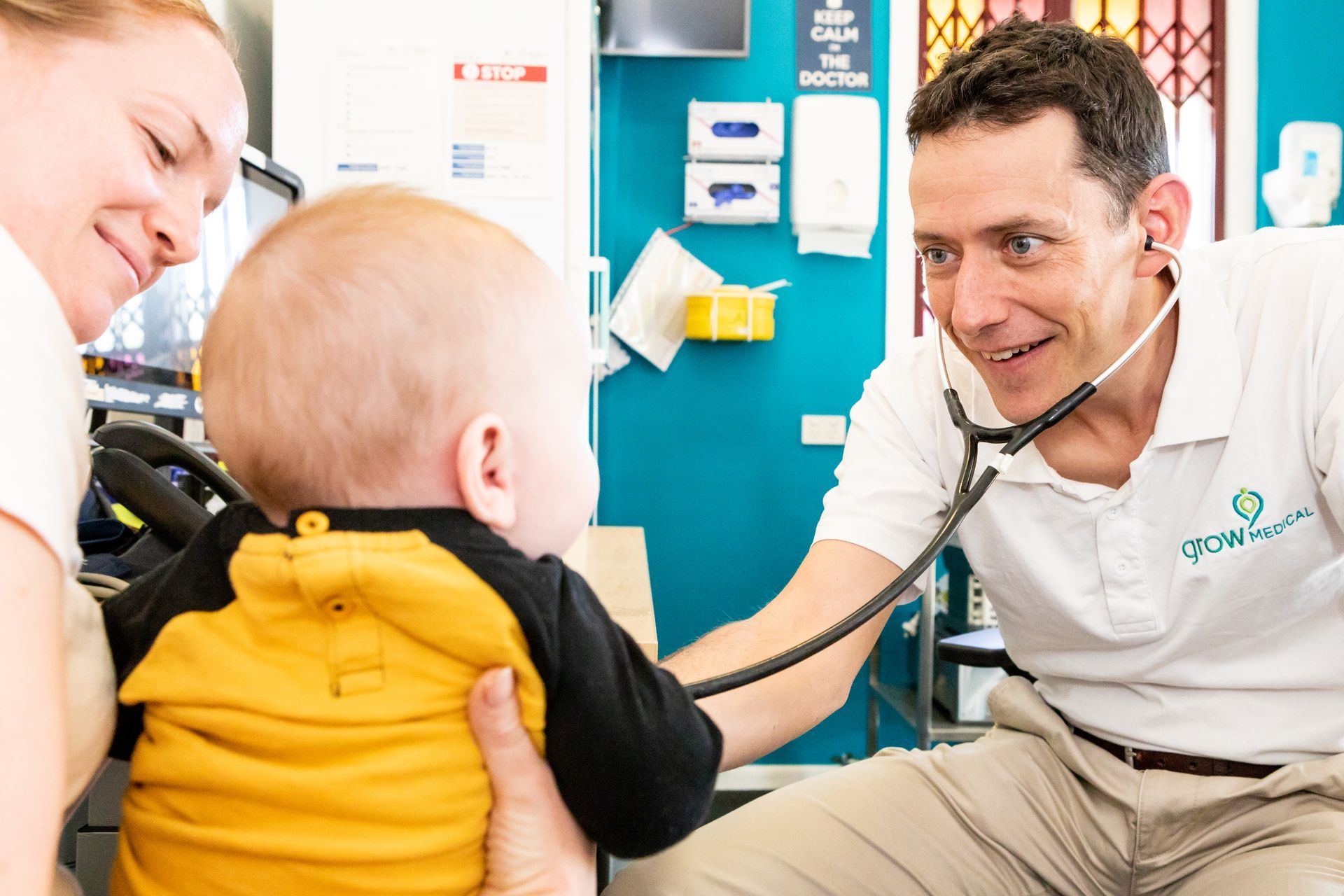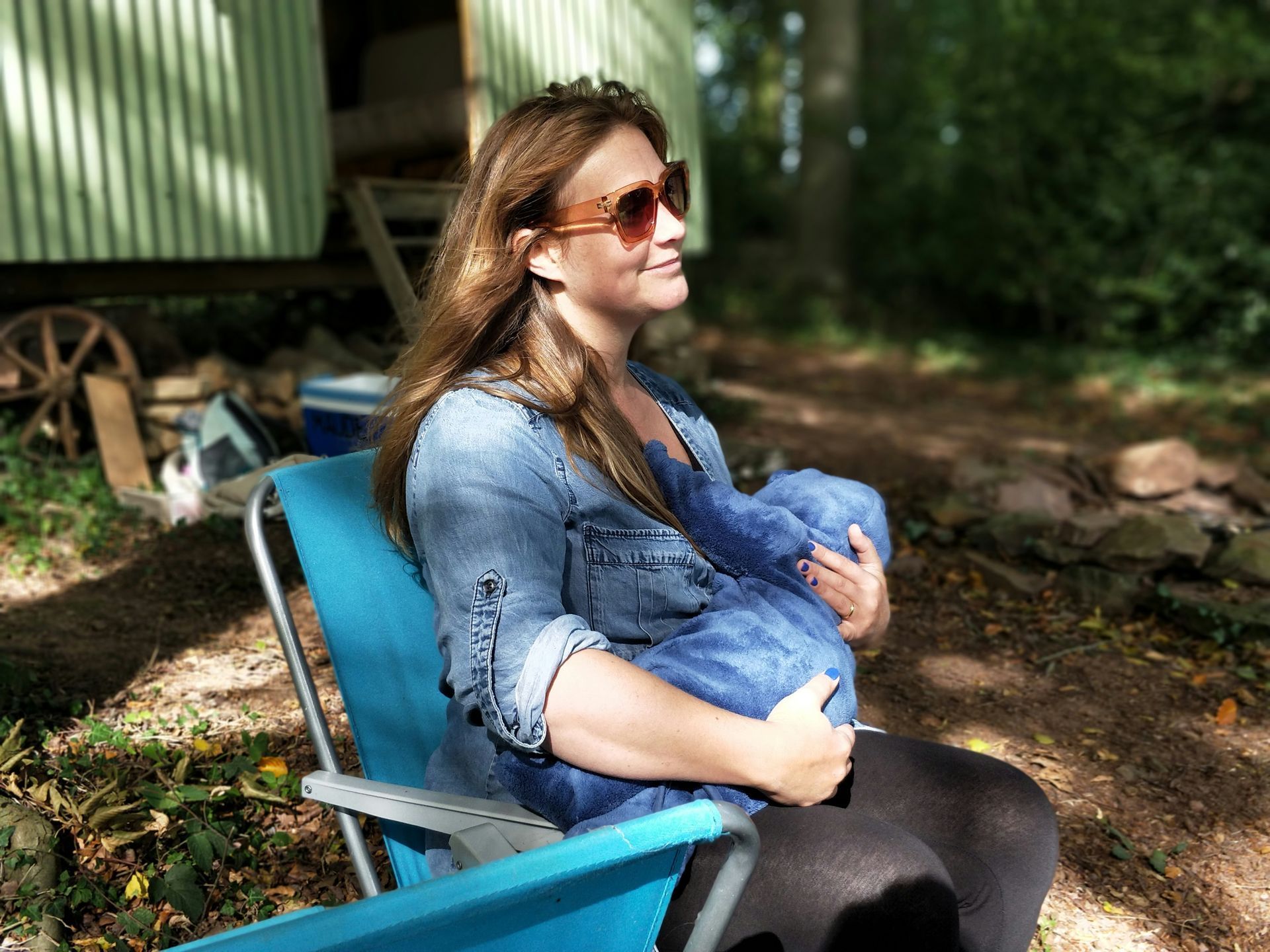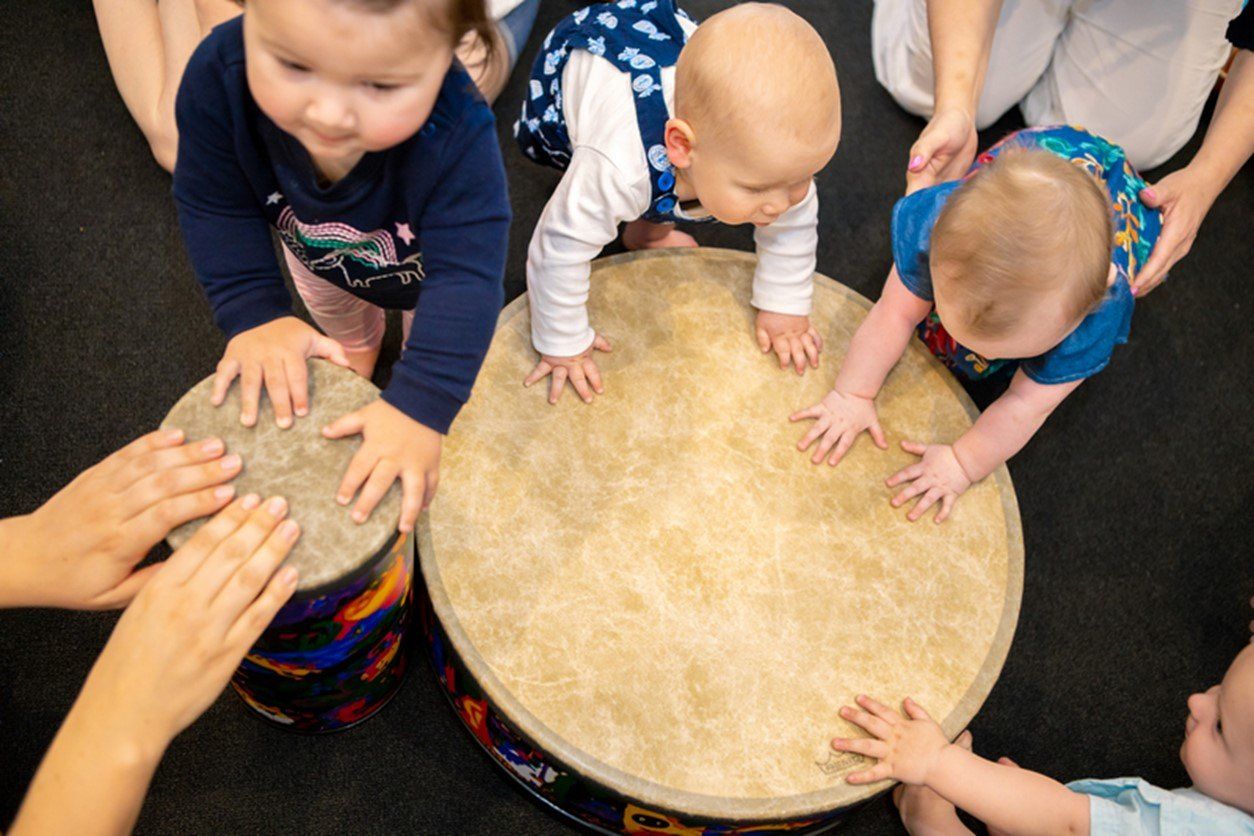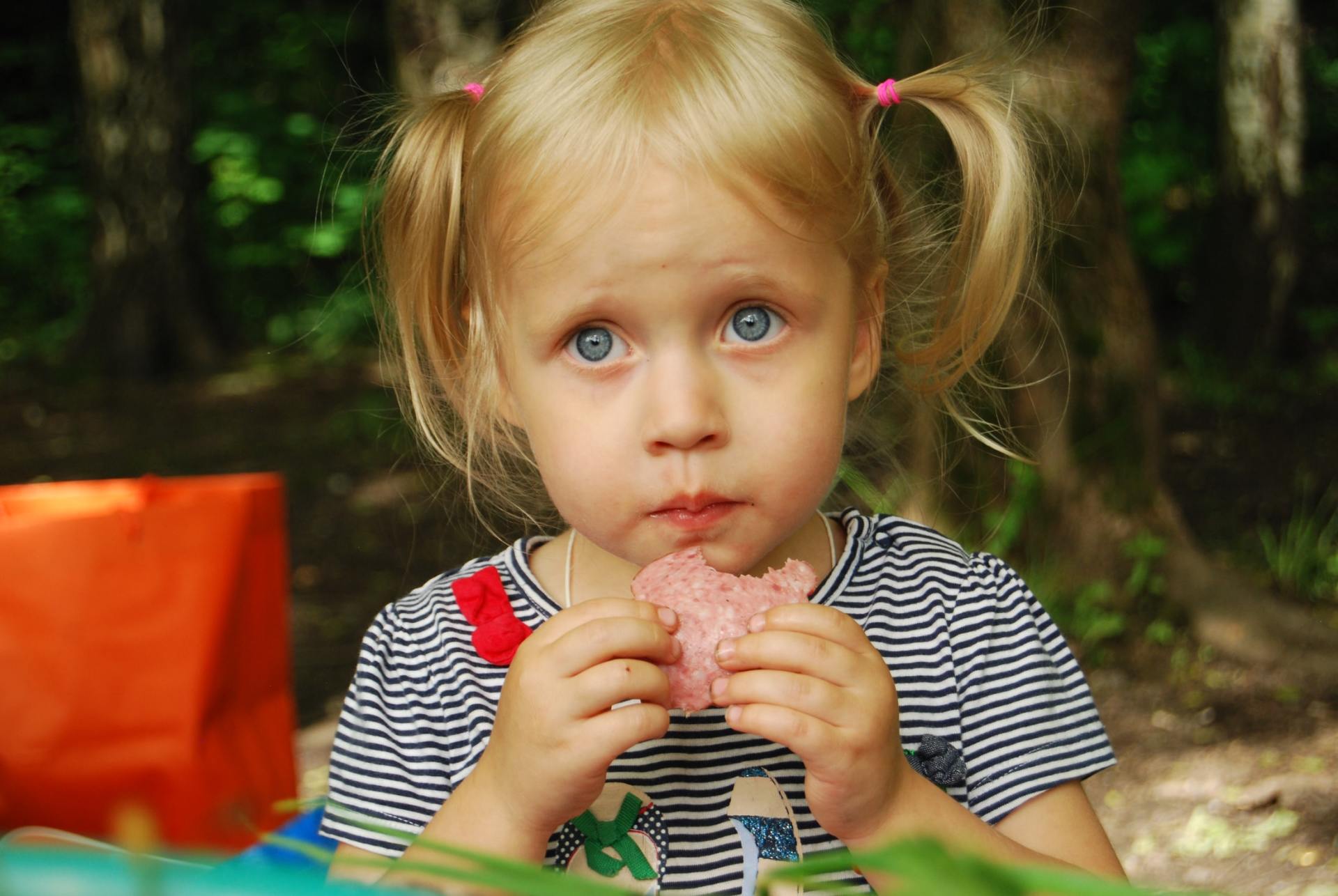As a parent of a toddler, you may notice that some days your child has a voracious appetite. Other times, they seem to pick at their food or spit it out and seem to eat nothing. This is a common reason parents will ask us if there is something wrong with their child. Does a poor appetite mean food intolerance? Does my child have a food allergy? Is there something wrong with my child’s gut? Is my child a fussy eater?
The answer to why your child is not eating is a lot more simple than that in most instances. Generally, what parents are observing is normal eating behaviour. Read on to find out how our society is disrupting normal eating behaviour, and potentially contributing to the obesity epidemic in the process…
Dr Aaron Chambers from
Growlife Medical looks at why your child may lose their appetite from time to time. And why this may not be such a bad thing...
How to improve your child's appetite
Our generation of children are faced with the opposite set of challenges to prior generations. Throughout the 1900’s, the world was gripped by world war I, the great depression, world war II, and the post war period. Consequently, parents of these generations grew up in a time when scarcity was prevalent. My own mother still has the ration cards that were issued to her family when she was a child, allowing a certain amount of butter, sugar and other staples per family! This meant that parents never quite knew if the next meal would come, and how much nutrition they might be able to offer their children. This spawned the cultural norm of “finishing everything on your plate” with which most of us grew up.
The problem is, we now live in a time of unprecedented plenty. No matter where you go, food is readily available. And often in a low-nutrition, energy-dense form (think snack biscuits, softdrinks, chips and ice cream). So now, forcing our children to finish everything on their plate can habituate them to over-eating.
How much should my child eat?
A good analogy is caveman society. They lived a hunter-gatherer lifestyle. Some days, a meal would consist of nuts and seeds, and little else. On other days, a successful hunt would mean a feast! Normal eating behaviour in this era would therefore mean eating like a horse on some days, and then being fairly ambivalent about food in the proceeding days, whilst being able to live off the reserves of the feast. These are the genetics from which humans come. We aren’t built to cope with a plentiful supply of food every day.
We see the consequences of persistent over nutrition in high cholesterol, diabetes, fatty liver, obesity and other metabolic diseases. The French know this well, through the process of force-feeding geese to make fois-gras and pate - these creatures have the avian equivalent of human fatty liver. The French also know that they can’t do this to themselves! Whilst the French are renowned for their large dinner parties and rich cuisine, if one observes a native French person in the days following a feast, they will have a minimal appetite and tend to eat very lightly, and choose light, nutritious foods.
Why does my child eat so much some days?
How is this relevant to our children? By carefully observing a toddler’s eating behaviour, parents will notice that they sometimes have eating days, and sometimes non-eating days. Mostly, this causes anxiety in the parent that something is wrong, due to the strong cultural norms that have been embedded within us from our own upbringing. The default reaction might be to encourage your child to keep eating; to finish everything on their plate. It is likely that through repeating this pattern over years, that we are unconsciously conditioning our children to ignore their innate mechanism of appetite regulation - stomach stretch receptors and the brain’s hypothalamus.
Another response might be to think our child doesn’t like the particular food on offer, and make them something they might prefer. We sometimes hear stories where parents will prepare 2, 3 or even 4 different meals in an evening, just to make sure their child will eat something. Whilst this act is grounded in love for your child, there is no better way to create a fussy eater than by offering multiple food choices if the first is not preferred.
How the French teach children to eat
Whilst living in France, we witnessed the impressive approach that French society has to this enduring issue. Children are introduced to an enormous variety of textures and flavours right from the earliest introduction of solids. School lunch menus look like something from a high-end restaurant! A constantly changing, seasonal menu, with in-season ingredients being used in a variety of cooking methods to present novel flavours and textures. Nothing is repeated. Everything must be tried, but children are not forced to finish their plate. They are encouraged to explore, to learn, to develop their palate, and to understand that the same ingredient (say Zucchini) can be presented in multiple ways. In doing so, children learn that they don’t dislike the ingredient, they may just prefer it prepared in a different way.
How to stop my child's fussy eating
Interestingly, this is reflected in the science of child nutrition. By presenting the same food every day for 7 days, children will double their voluntary consumption of that food. Through this simple trick, parents can know that even the most fussy child will gradually increase their appetite for a previously un-favoured food, simply by repeated exposure.
More recently, the concept of “division of responsibility” has been proposed which fits with this concept. This term refers to dividing the responsibility for food preparation and consumption between parent and child. A parent’s job is to provide healthy, nourishing food and drink at regular intervals throughout the day and a relaxed, enjoyable, positive eating environment (including role modelling - eating healthy food, using table manners, talking together); a child’s job is simply to choose how much they wish to eat. The division of responsibility is based on trust. A parent must learn to trust that their child will eat according to appetite, and what their body truly needs for healthy, steady growth. Our paediatric dietitian clinicians, have seen this approach work very well, especially when mealtime battles and stress run high.
Top Meal Time Tips for Infants and Toddlers
We asked the Grow Medical team for their top tips on meal times. Here is what we came up with:
- A child’s appetite goes up and down, and parents shouldn’t worry if their child doesn’t eat one day and eats like a horse the next
- Don’t force your child to eat
- It is healthy to insist a child try everything on their plate, but if they don’t like it they don’t have to eat it. Offer both familiar and new foods simultaneously without pressure to “eat it all” but encourage tasting
- If your child doesn’t like a meal, don’t offer an alternative if they decline to eat what is prepared - it only increases fussiness in the long run and creates impossible demands on you as a parent
- Model mealtime behaviour by sitting down as a family to eat whenever possible
- Meal times should be fun! Picnics are a big hit in our house – even if it’s just on the kitchen floor
- If your child has any sensory or textural issues, see an experienced paediatric dietitian or speech pathologist for some tips on how to keep their food choices varied.
Child Nutrition Advice
At Growlife Medical, we are passionate about growing healthy individuals, families and communities. Doing so starts from infancy. We run a whole range of programs designed to get your family off to a great start.
A great way to learn more about setting your child up with healthy habits it to attend our
child nutrition group sessions run by our
paediatric dietitians.
Book a consultation with a
GP from
Growlife Medical today to discuss any concerns you might have, and we can assess your child and point you in the right direction.



